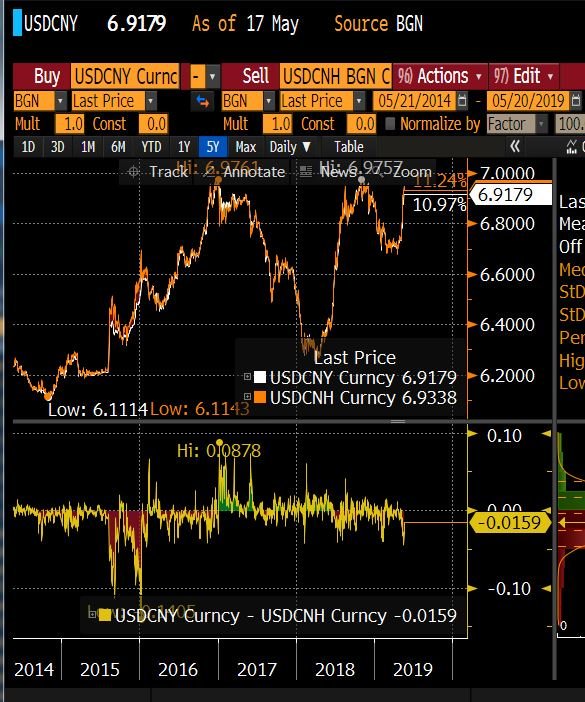Very excited for a day discussing criminalization, housing, and structural racism in the justice system. Stay tuned for highlights!
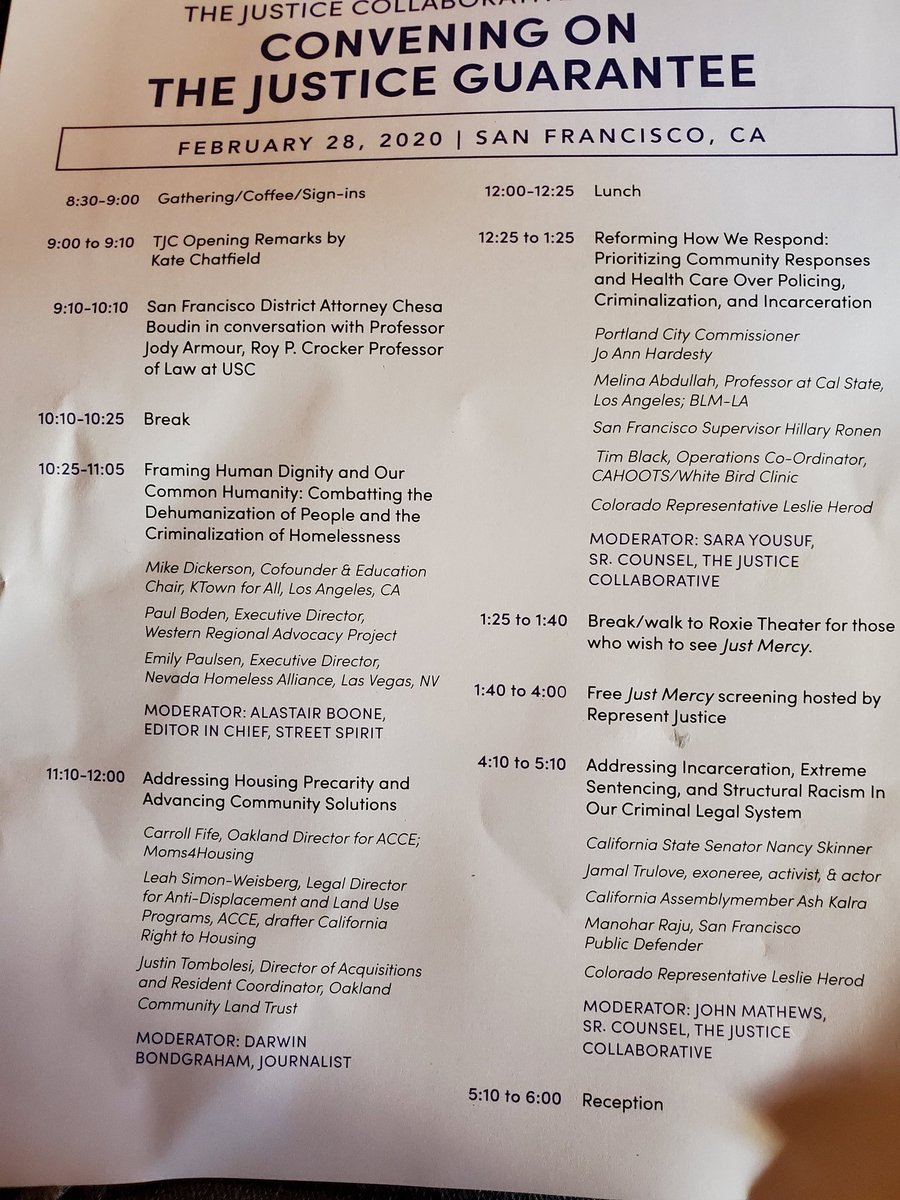
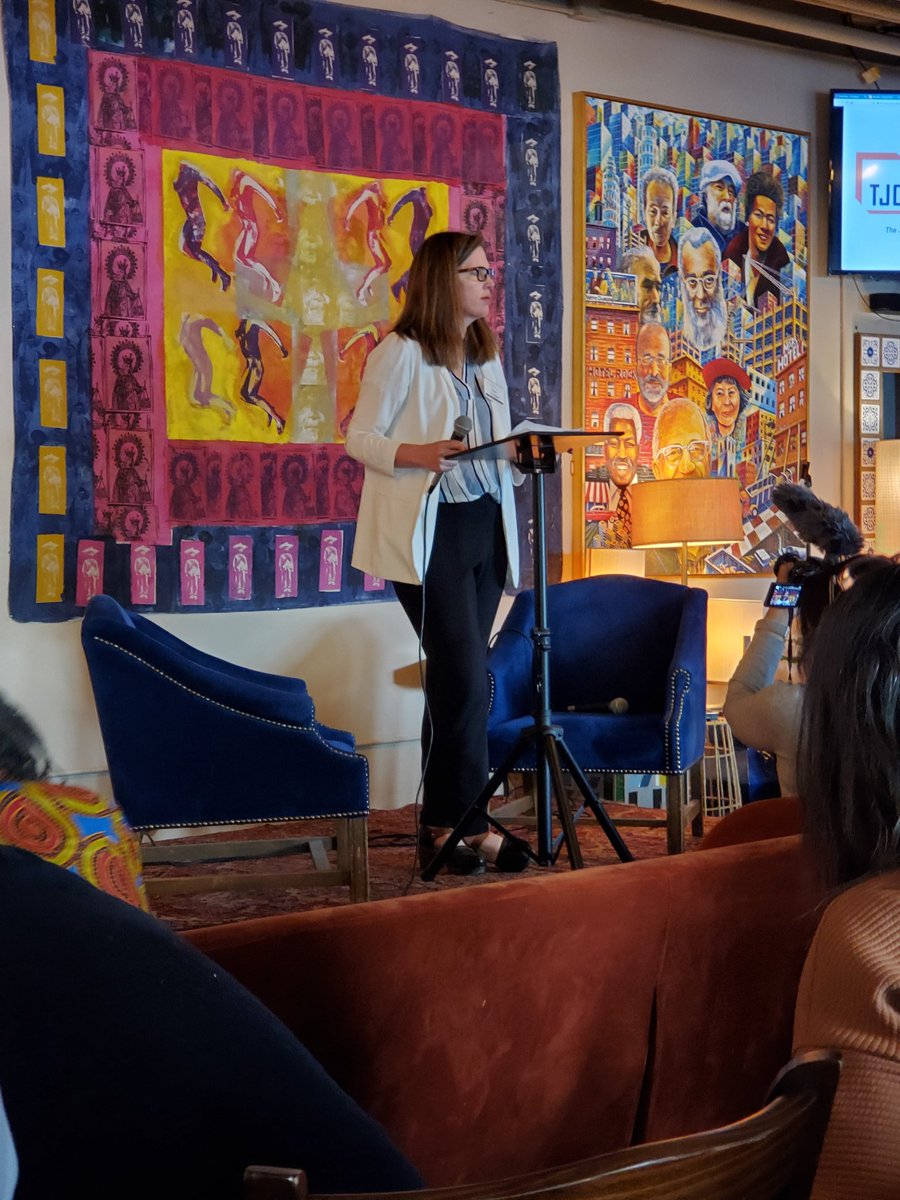
She ties this to our overpoliced public spaces and the everyday injustices caused by poverty.
"The powerful do not have answers for us."
"A progressive prosecutor taking office was unimaginable 15 years ago."
Q: Tell us about the initiatives you're pursuing?
Armour links this policy to the LAPD Metro Division scandal about fraudulently putting names on gang lists.
Working on AB2563, "right to housing." Legislation is just part of the fight. Leaders wouldn't be listening had we not occupied a property. The world was watching.
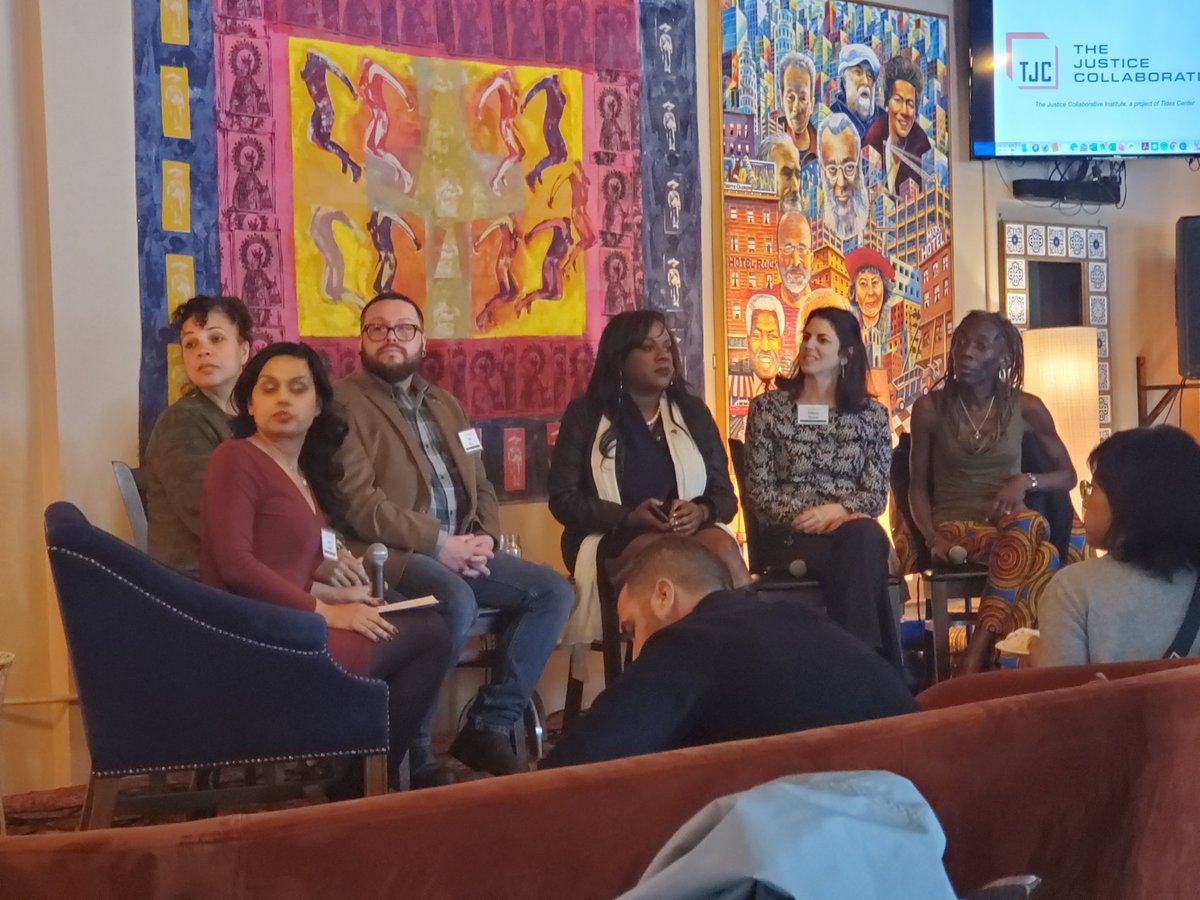
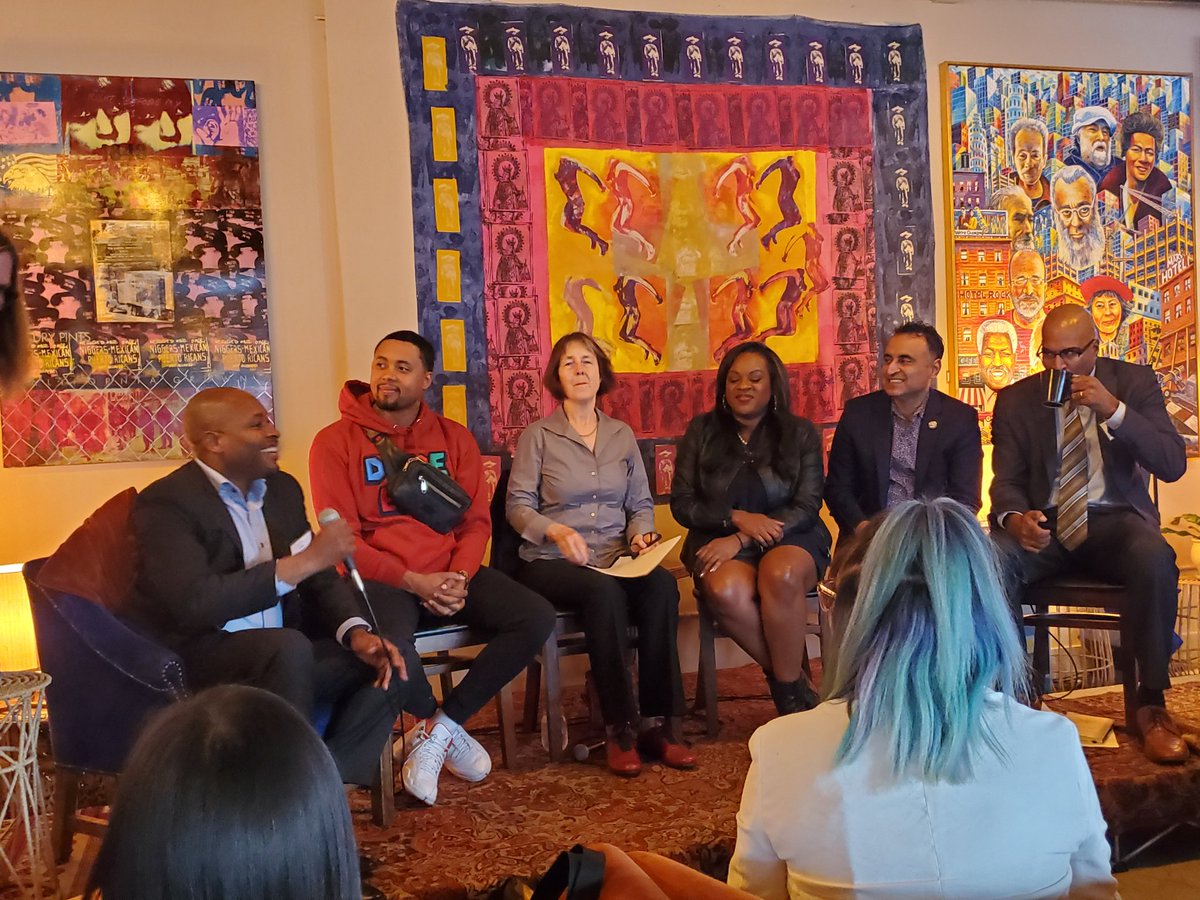
We have to take the tools away, because working to tackle structural racism will take time.
And now we'll stop spamming your feed with conference coverage. Class dismissed.

















